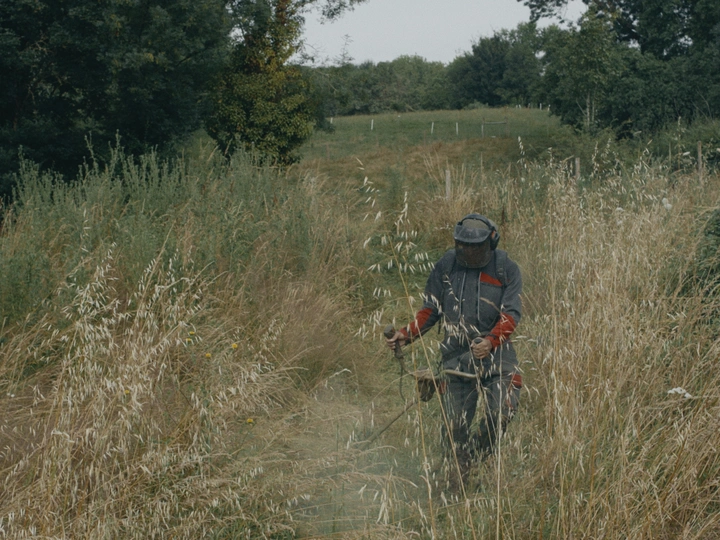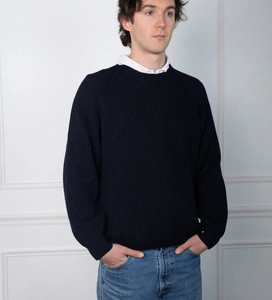Pioneer Species

Jack Farman is a filmmaker and researcher exploring the intersection of ecology, spatial practice, and collective memory. With a background in philosophy and social anthropology, his work examines how landscapes and human gestures co-shape one another through cycles of transformation and repair. His ongoing project 'Espèces Pionnières' unfolds across film and fieldwork, tracing the interdependence between trees, soils, and water as living archives of ecological change. Through a poetic and sensory approach to image-making, he seeks to translate environmental processes into cinematic experience, revealing the porous and temporal nature of our inhabited environments.
Pioneer Species is an ongoing artistic research and film project that investigates how ecological transformation and memory intersect in urban contexts. Rooted in my background in environmental anthropology and visual storytelling, the project began with the observation that pioneer species—plants that are first to grow in disturbed soils—serve as powerful metaphors for social, ecological, and urban regeneration. These species not only stabilize ecosystems but also create conditions for new life to emerge. In the same way, certain human practices—such as composting, collective gardening, and community-led urban interventions—can be understood as “pioneer” gestures that regenerate forgotten or damaged territories.
The first film in the series explored arboriculture and urban conviviality in Paris through the work of artists Thierry Boutonnier and Fabrice Hyber. Currently, I am developing a second chapter focusing on soils, food, and toxicity. This new work investigates how food systems, waste cycles, and urban farming create new relational ecologies, particularly through projects like Zone Sensible, a farm in Saint-Denis.
The next phase of the research will look at the memory of the land: how traces of ancient ecologies—such as native species, lost rivers, or historic paths—might be reactivated in contemporary design processes. I aim to film processes of restoration and particularly how people inhabit, imagine, and care for degraded or fragmented ecosystems.
Pioneer Species is both a critical inquiry and a hopeful proposal: that we can reimagine urban futures not by projecting distant utopias, but by paying attention to fragile, emergent forms of life already present beneath our feet.
